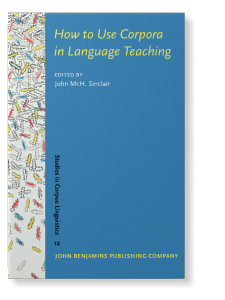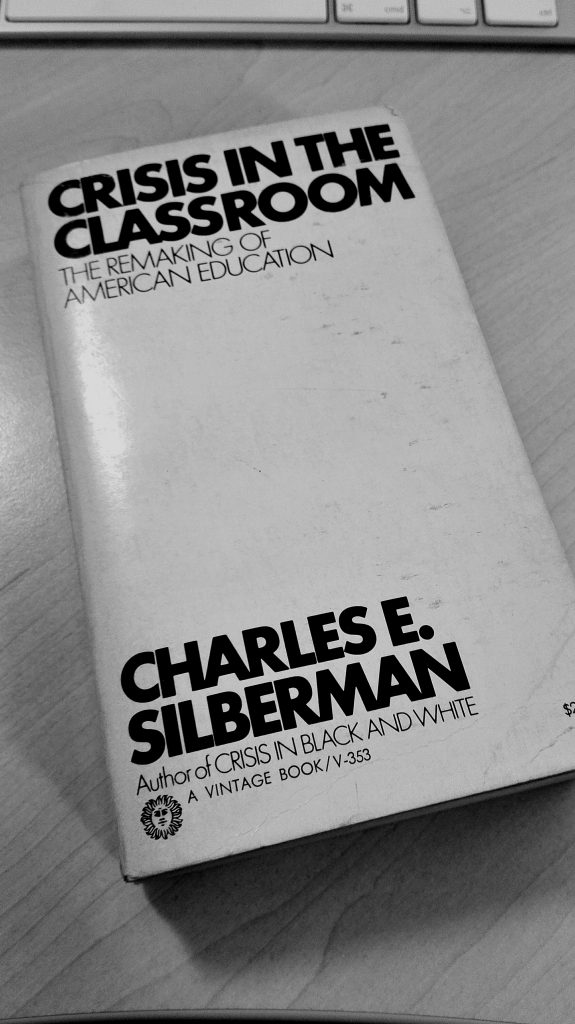
Mi fe en el multiculturalismo
Publicado en El Español, 26/12/2017
Pero también debemos preguntarnos cómo este viento intolerante ha arraigado en lugar de nuestra bienintencionada declaración de igualdad y humanismo. ¿Por qué nuestro bando sigue perdiendo elecciones?
Precisamente cuando trato de explorar las distintas perspectivas en conflicto mientras escribo, la imagen actual del multiculturalismo estadounidense, que propugna que los inmigrantes añadan sus experiencias singulares a una nueva cultura antes que abandonar su historia para ser asimilado, puede animar a la gente a luchar contra el autoritarismo pujante. Aprendiendo a entendernos mejor los unos a los otros nos quedaremos tranquilos en la certeza de que conocemos a nuestros vecinos, sin importarnos lo diferentes que puedan ser.
Para mí, la forma estadounidense de integrar a las minorías religiosas en una sociedad aún más amplia me parece mucho más efectiva que los métodos europeos. Los inmigrantes musulmanes en Estados Unidos parecen mucho más felices y más cómodos que los musulmanes en Francia. Creo que el multiculturalismo ha sido mucho mejor que la laïcité, el modelo secular francés, a la hora de salvaguardar la libertad religiosa. Las estudiantes de secundaria en Francia no tienen permitido llevar velo a clase, igual que las estudiantes universitarias en Turquía, como describo en mi libro Nieve.
40 años escribiendo novelas e intentando entender a gente distinta a mí me han enseñado lo mismo: a mantener la calma ante estas fuerzas históricas y contemporáneas de Oriente y Occidente. Los vientos intolerantes a los que nos enfrentamos hoy no son tan fuertes como para hacer desaparecer toda lógica. No olvidemos que Hillary Clinton consiguió 2,5 millones de votos más que Donald Trump; que en Gran Bretaña el concepto de Brexit ha acabado por teñirse de arrepentimiento; que, en Turquía, el autoritarismo de Erdogan ha sido respaldado en las elecciones de abril por un margen demasiado escaso como para cimentar su poder.
Why Does Our Side Keep Losing Elections?
The New York Times, 4/12/2017
As ever, we must resist authoritarian instincts that restrict our liberties, demonize anybody who appears to be different and — as is happening in Turkey — outlaw freedom of expression, judiciary independence and pluralism. We must stand unflinchingly in defense of our dearest values: women’s rights, freedom of thought, academic liberties.
By learning to understand one another more fully, we remain calm in the assurance that we know our neighbors, regardless of how different they may be.
Forty years spent writing novels and trying to understand people different from me have taught me the same thing: to remain calm in the face of these easterly and westerly, historic and contemporary forces.
Comprehending these forces requires us to recognize why other people might disagree with our most deeply held convictions. Doing so is not a cure-all for either newly born nationalist movements or generational enmity, but it can both keep us calm and help us to endure. In this endeavor, the novelist and the multiculturalist share a similar approach, one based on imagining and understanding the humanity of people who are not like us.



